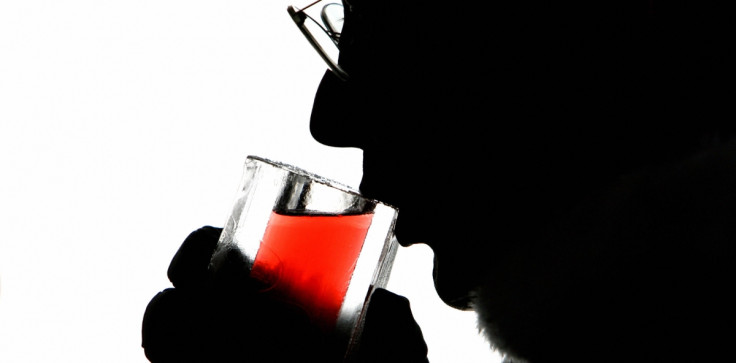London: Boris Johnson announces expansion of 'booze tag' scheme targeting drunken yobs

Mayor of London Boris Johnson has announced the expansion of a scheme where offenders who commit crimes while under the influence of alcohol will have devices attached that can "smell" alcohol – and potentially send them to prison if they have a drink. The so-called "sobriety tags" have been trialled in four London boroughs and have been declared a success, with 92% of those monitored steering clear of the pub and off licence – and out of trouble.
The device is attached to an offender's ankle like a normal tag. If the miscreant drinks alcohol the device can detect it in the person's perspiration and sends an alarm to probation officers. The 113 offenders who took part in the trial in the boroughs of Lambeth, Sutton, Croydon and Southwark had all been convicted of drink-related crimes including street violence and drink-driving. The offenders were fitted with the Continuous Alcohol Monitoring tags for an average of 75 days. 298,000 readings were taken across a total of 6,500 monitored days.
In a report published today (25 February) the Mayor of London's office says the scheme has been such a success it will now be rolled out across the capital, potentially saving the tax-payer huge amounts as reoffending rates are reduced. "The scheme offers an innovative and tailored response to alcohol-related offending, Interviewees felt that a period of abstinence had the potential to give offenders a 'pause' in drinking, time to reflect on alcohol consumption and its impact on offending behaviour, relationships and work, and an opportunity to break the cycle of routine drinking."
The scheme became possible in 2012 after the mayor pledged to introduce "compulsory sobriety for drunken offenders" in his election manifesto. "Alcohol-fuelled crimes put a huge strain on frontline services, costing the taxpayer billions of pounds a year," said Johnson in a statement.
"From assault and drink-driving, to theft and criminal damage, this technology is driving down reoffending and proving rehabilitation does not have to mean prison. After such a success in South London, it's time to roll out these tags to the rest of the capital and rid our streets of these crimes by helping even more offenders stay off the booze and get back on the right track."
Not all such schemes have been so successful. Justice minister Dominic Raab said a scheme to monitor offenders using so-called "satellite tags" has been abandoned due to spiralling costs. "Developing bespoke tags has been challenging and it is now clear that it will be more appropriate to pursue our goals using off-the-shelf technology which is already available," said Raab in a statement.
© Copyright IBTimes 2024. All rights reserved.






